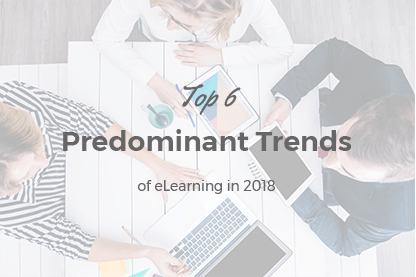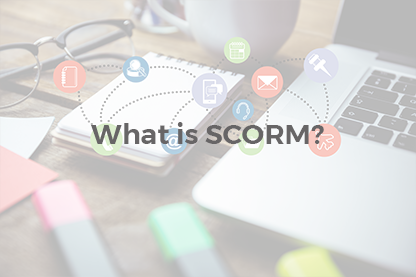Critical thinking, according to The Critical Thinking Community, is a process of actively and skillfully conceptualizing, applying, analyzing, synthesizing and evaluating information gathered from, or generated by, observation, experience, reflection, reasoning and communication. In other words it is a process of investigation, interpretation and judgment.
The article was last updated on August 22nd 2016.
Critical thinking, according to The Critical Thinking Community, is a process of actively and skillfully conceptualizing, applying, analyzing, synthesizing and evaluating information gathered from, or generated by, observation, experience, reflection, reasoning and communication. In other words it is a process of investigation, interpretation and judgement.
Teaching students to think critically is a commonsense practice applied practically in traditional education. There is no doubt that changing, dynamic and innovative world requires from people an ability to think in unexpected directions, using all their creativity, skills and intellect.
However, when the question comes to online learning, teaching mainly comes to nothing more than memorizing facts and measuring the results through answered yes/no, true/false and multiple choice questions. Distant learning teachers don’t even realize the whole LMS potential for developing eLearners’ critical thinking that they are missing.
ELearning suits the needs of a critical thinking concept model better that anything else.
First of all, there is no time pressure, students decide on their own when and where a course will be taken, study at their own pace, plus they have more time to think. Secondly, online discussions are more effective than those inside the classroom walls as students are comfortable in expressing their ideas and thoughts without fear of being criticized. Thirdly, LMS reporting enables teachers to capture the data that traditional learning can’t present, such as how many times students logged into a course, when they worked on fulfilling a certain part of it etc. that later on can be used for redesigning an online course for better results.
Social collaboration, discussion boards, quizzes and games, media elements and other online course activities allow shaping students’ critical thinking and analytical skills necessary for applying in a future career and everyday practice.
- Forum and chats
Forum and chats are designed to allow students to collaborate with each other, to work on idea generation and solution search. To stimulate a discussion and bring it onto the right track a course administrator can ask leading questions or bring forward idea-generation topics.

- Social collaboration
Social collaboration evokes the effect of competition and leads to more active participation in studying. Students learn how to respect each other’s ideas and opinions, how to search for alternative solutions and compromises and how to criticize ideas, not people.
JoomLMS + JomSocial integration allows students to display personal information connected with LMS training on the JomSocial profile page: My courses, My certificates etc. The information on other students’ achievements motivates students to work harder and use applied knowledge to gain higher results.

- Media elements
Online course media elements such as images, videos and audio files are great means of generating ideas and facilitating students’ conclusions. By adding to a course media elements and generating case studies an administrator develops students’ imagination and fosters intuition needed for critical thinking.
- Quizzes
Adding to a quiz open-ended questions that stimulate deeper level of thinking or questions that impel students to express their own way of thinking such as “How do you think?”, “What if?”, “Do you agree?”, “Explain” etc. helps students to develop an ability to think critically, use gained knowledge and expertise.
Thus, using learning Management System collaboration tools and media elements, teachers can help their distant learning students to develop critical thinking, engage in the process of education, generate communication skills, learn to respect each other and not to be afraid of expressing an opposite opinion.
What to read next?
How to Organize ELearning Content Effectively with JoomLMS
How to Get Students to JoomLMS Classroom?
How to Use LMS Reporting to Improve ELearning Performance








